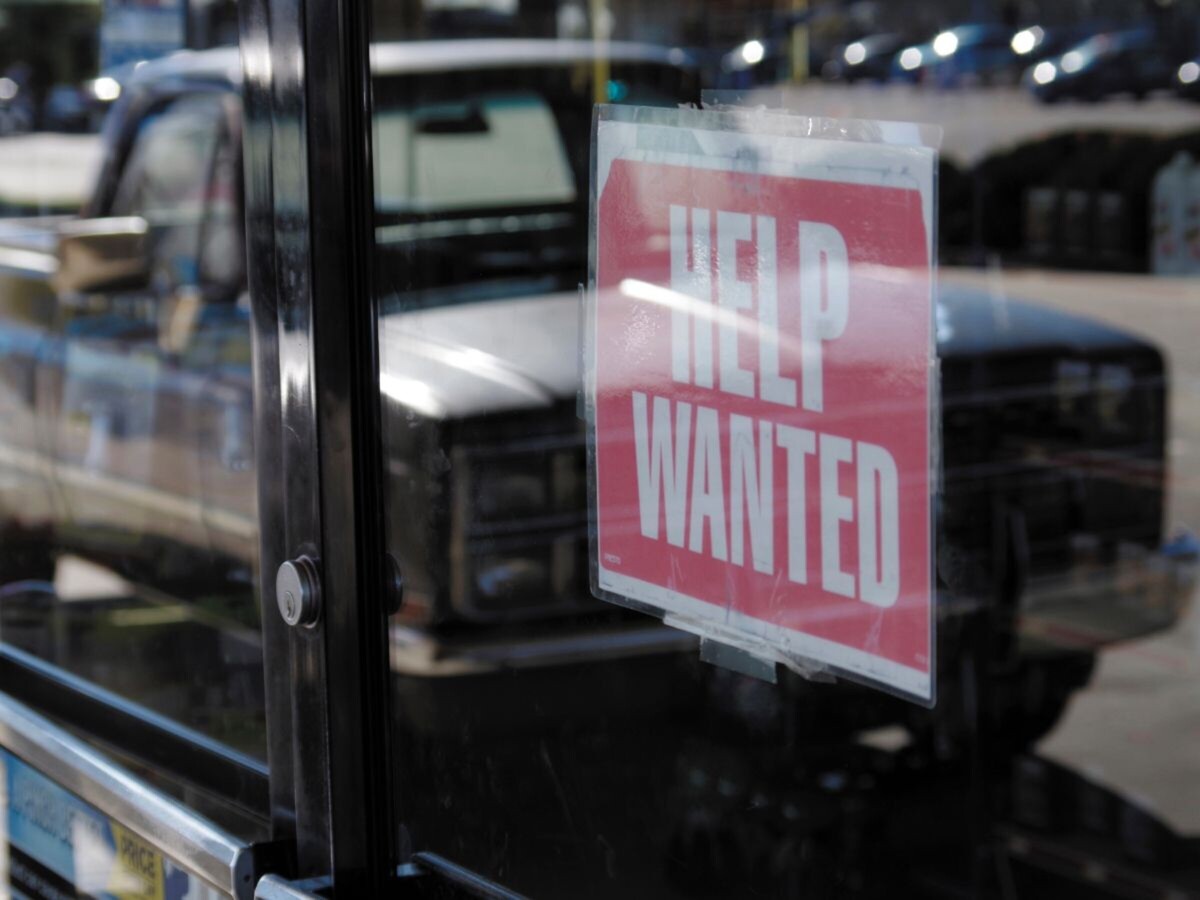Image


NEW JERSEY - Beginning January 1, 2025, New Jersey’s minimum wage for most employees will rise to $15.49 per hour, marking a $0.36 increase from the previous year. The adjustment, determined by the New Jersey Department of Labor and Workforce Development (NJDOL), is based on Consumer Price Index (CPI) data provided by the U.S. Bureau of Labor Statistics, as outlined in Article 1, Paragraph 23 of the New Jersey Constitution.
“Aligning the state minimum wage with any increases in the cost of living is a critical step towards economic fairness and security for all New Jersey workers,” said Labor Commissioner Robert Asaro-Angelo. “This adjustment fosters a more equitable economy and ensures our workforce can continue to thrive.”
Since Governor Phil Murphy took office in 2018, raising the minimum wage has been a legislative priority, with the state’s wage increasing from $8.60 per hour that year to $15.13 by 2024. The 2019 legislation signed by Governor Murphy set the stage for incremental raises, ensuring that most employees will see a steady increase toward a living wage.
However, workers at seasonal businesses and small employers will experience more gradual increases through 2028, with their hourly wage rising to $14.53 on January 1, 2025, up from $13.73. Similarly, agricultural workers, who follow a different wage schedule, will see their minimum wage increase to $13.40, up from $12.81, as part of an incremental rise that will continue until 2030.
Additionally, direct care staff in long-term care facilities will see their hourly wage rise to $18.49, reflecting the same $0.36 increase. Tipped workers will also benefit from the change, with the minimum cash wage increasing to $5.62, while the maximum tip credit remains at $9.87. Employers must ensure that tipped employees’ total earnings, including tips, meet the state minimum wage of $15.49, or else the employer must make up the difference.
These wage hikes are part of New Jersey’s commitment to ensuring that all workers earn a fair and livable wage. After the annual increases are completed for specific groups of employees—such as small business and seasonal workers in 2028 and farmworkers in 2030—future adjustments will continue to be tied to CPI data to reflect inflation and the cost of living.
For more information about the state’s minimum wage laws and worker protections, visit the NJDOL’s resources on wage and hour rights.